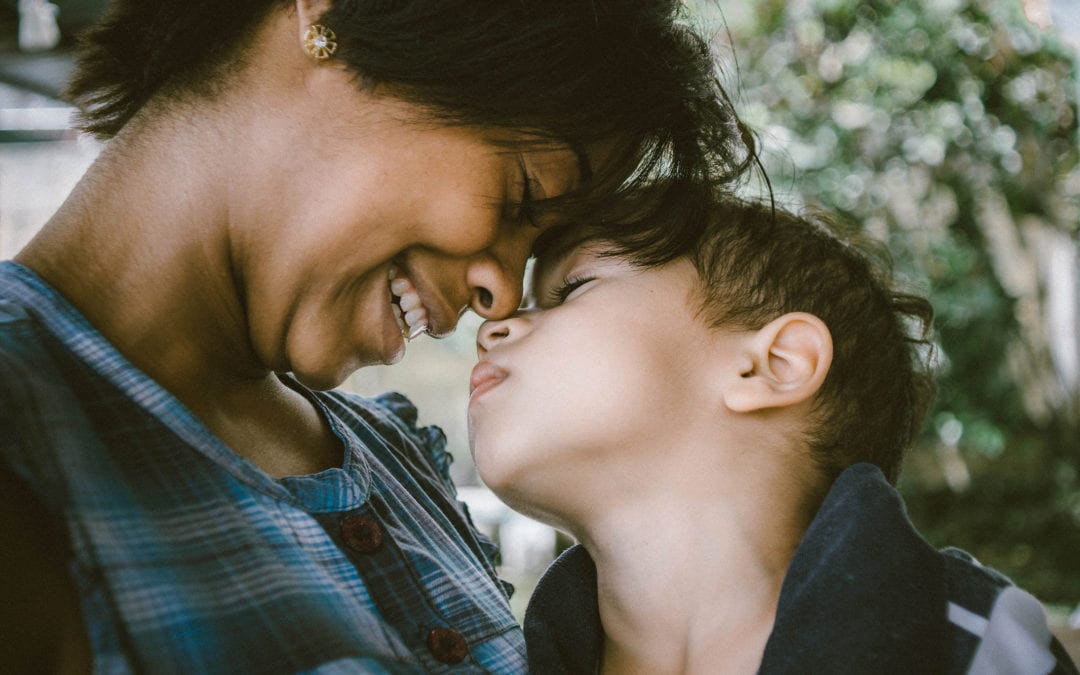Supporting your child’s mental health during lockdown is not easy, especially when I’m probably not the only parent who has lost track of what day it is, and how many weeks the country has been in lockdown. As we all attempted to navigate a new normal, juggling work, childcare, health, finances, in the first few days of home learning, messages and emails were pinging at break-neck speed. I was deeply grateful and reassured by these words from an email written my children’s headteacher: Your child’s mental health is more important than their grades.
So, as it is mental health awareness week, here are some tips and links to some fantastic resources for primary pupils for supporting your child’s mental health during lockdown.
- You know your child best and what can trigger bad moods, hyperactivity, lack of focus etc. Do they need snacks throughout the day? Some time alone? More sleep? More exercise, and opportunity to move to let off steam? My children have loved PE lessons with Joe Wicks and dance classes with Strictly Come Dancing’s Ote Mabuse (www.youtube.com)
- You are your child’s anchor and in these strange times you are their familiar and their comfort. Sharing a book together with your child is a great way to offer them time and reassurance, whilst supporting their reading skills and language development. My 10 and 8 year old have loved me reading to them, and we’ve had great chats along the way. The Booktrust website has lots of ideas, resources, free online books and videos, games and quizzes to support story time (https://www.booktrust.org.uk/books-and-reading/have-some-fun/)
- Have fun and seek out the opportunity for some light relief. Silly dancing in the kitchen, making up jokes together, watching You’ve Been Framed, playing football… Whilst benefitting from this yourself, you are also teaching your child strategies to de-stress, lighten the mood, and deal with life’s inevitable future difficult days.
- Offer choices where possible to allow your child some autonomy to make their own decisions. Children may feel angry that they have little control over their lives, and have lost the freedom to see friends, go to the playground, take part in their gymnastics class etc. Choosing their own sandwich filling, or when they practise their spellings can make a difference to a frustrated child, and is an important step in growing up.
- Remain vigilant about the virtual world. Whilst schools are closed primary aged children are using screens more than ever before in order to support home learning, and remain connected with the world outside. My 10 year old was upset to discover that his classmates were all meeting and chatting on online games he is not allowed to play. Whilst this may be currently the ‘new normal’, and many parents have had to relax their views on screen time, we must remain aware of the risks of the online world and support children to navigate it safely by setting clear boundaries. Childline is a good starting point to learn about staying safe online. (https://www.childline.org.uk/info-advice/bullying-abuse-safety/online-mobile-safety/staying-safe-online/)
- Start a conversation. It is perfectly normal for children and adults alike to experience different emotions on different days (and throughout one day!). However, children may need support to recognise, label and understand the emotions they are experiencing. Children express themselves through play as well as words, so you can learn a lot about how they are feeling by simply spending time with them and watching them play. Be aware of changes in your child’s usual behaviour such as:
– Change in sleeping or eating behaviours
– Regular tears, upset or anger
– Withdrawing socially from friends and family
– Lack of focus and loss of interest in things normally enjoyed.
Encourage your child to talk to you or a trusted adult about how they are feeling, choosing a time when they are relaxed, fed and full of energy, and a neutral space such as during a walk or car journey. Useful opening questions might include:
“I’ve noticed you don’t seem yourself today. Would you like to talk about it?”
“I’ve been feeling __ today because _______. How about you? How are you feeling today?”
At www.studentnavigator.co.uk we offer support and resources for primary and secondary students during lockdown. Please look at our website for ways in which we can support you.
Below are some online resources around supporting children’s mental health during lockdown:
https://www.nspcc.org.uk/keeping-children-safe/childrens-mental-health/depression-anxiety-mental-health/
https://www.place2be.org.uk/our-services/parents-and-carers/coronavirus-wellbeing-activity-ideas-for-families/
https://youngminds.org.uk/blog/talking-to-your-child-about-coronavirus/
https://www.childrenssociety.org.uk/coronavirus-information-and-support
https://www.mentallyhealthyschools.org.uk/getting-started/

